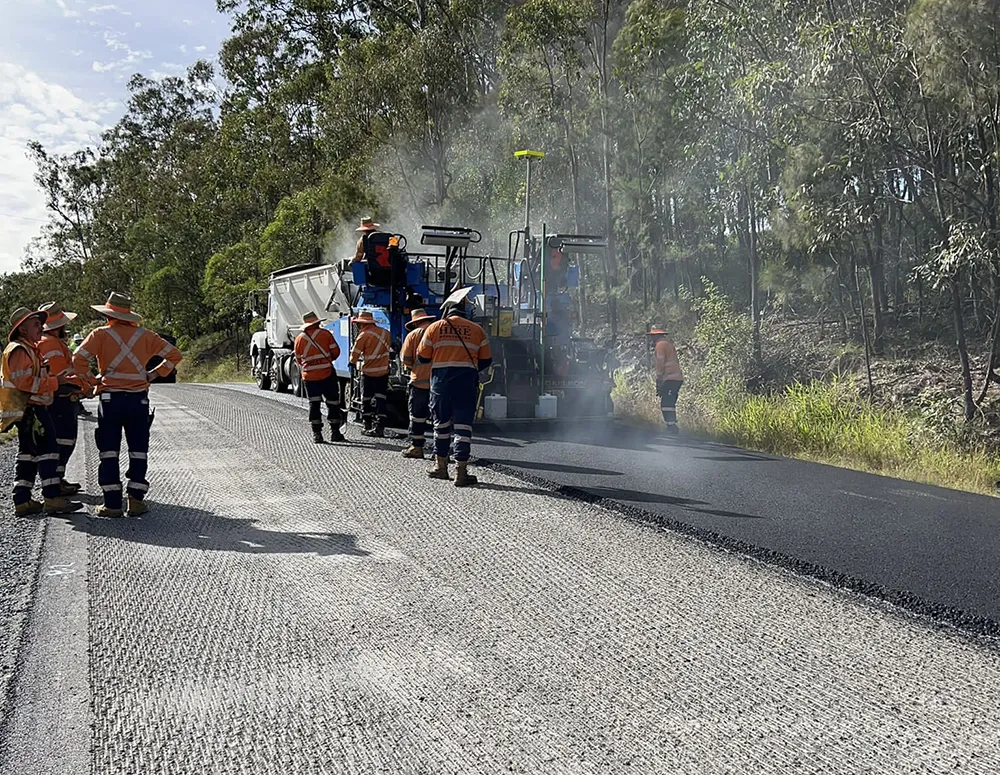In Sweden crash testing has been carried out using motorcycles for the first time. Four crash tests were carried out at the VTI crash laboratory in Linköping, Sweden, for the client, the insurance company Folksam. As a result, Swedish motorcyclists can expect safer barriers according to VTI, the Swedish National Road and Transport Research Insitute.
The VTI have participated in two different projects with focus on better safety for motorcyclists. The first project was run in cooperation with the Swedish Mo
November 10, 2015
Read time: 2 mins
In Sweden crash testing has been carried out using motorcycles for the first time. Four crash tests were carried out at the 7264 VTI crash laboratory in Linköping, Sweden, for the client, the insurance company Folksam. As a result, Swedish motorcyclists can expect safer barriers according to VTI, the Swedish National Road and Transport Research Insitute.
The VTI have participated in two different projects with focus on better safety for motorcyclists. The first project was run in cooperation with the Swedish Motorcyclists Association (SMC) and the Swedish parapet and barrier association (SVBRF). This studied existing literature to describe state-of-the art in motorcycle to barrier crash interaction. In the second project, initiated by Folksam, four full-scale crash tests on barriers with different kinds of protection was executed.
The joint result from these two projects opened a possibility to run a final crash test with a simple prototype of a plastic cover to shield the sharp edge on the top of the barrier. According to VTI, this prototype will help reduce injuries to motorcyclists in the event of an impact. In the various tests, different kinds of motorcycle protection systems were installed on a traditional W-beam and sigma post barriers.
The cover will let the motorcyclist slide along the barrier instead of getting stuck, lowering the severity of injuries.
The positive outcome is all about covering sharp edges and protruding parts, including the posts of the barrier. The plastic tube is a cheap and simple way of demonstrating a principle but it is yet not a finished product according to VTI.
The VTI crash laboratory is an accredited test facility for the EN1317 European test procedure for barriers. Being part of the international work with the procedure research engineer at the VTI crash laboratory, Jan Wenäll, will bring this experience to the ongoing development of an additional procedure for motorcyclists addition to the same procedure.
The VTI have participated in two different projects with focus on better safety for motorcyclists. The first project was run in cooperation with the Swedish Motorcyclists Association (SMC) and the Swedish parapet and barrier association (SVBRF). This studied existing literature to describe state-of-the art in motorcycle to barrier crash interaction. In the second project, initiated by Folksam, four full-scale crash tests on barriers with different kinds of protection was executed.
The joint result from these two projects opened a possibility to run a final crash test with a simple prototype of a plastic cover to shield the sharp edge on the top of the barrier. According to VTI, this prototype will help reduce injuries to motorcyclists in the event of an impact. In the various tests, different kinds of motorcycle protection systems were installed on a traditional W-beam and sigma post barriers.
The cover will let the motorcyclist slide along the barrier instead of getting stuck, lowering the severity of injuries.
The positive outcome is all about covering sharp edges and protruding parts, including the posts of the barrier. The plastic tube is a cheap and simple way of demonstrating a principle but it is yet not a finished product according to VTI.
The VTI crash laboratory is an accredited test facility for the EN1317 European test procedure for barriers. Being part of the international work with the procedure research engineer at the VTI crash laboratory, Jan Wenäll, will bring this experience to the ongoing development of an additional procedure for motorcyclists addition to the same procedure.








